6. Governance, Leadership and Management
- 6.1: Institutional Vision and Leadership
-
6.1.1: The institution has a clearly stated vision and mission which are reflected in its academic and administrative governance.
Supporting Document- Vision & Mission
6.1.2: The effective leadership is reflected in various institutional practices such as decentralization and participative management:
Supporting Document - Decentralization & Participative Management
- 6.2: Strategy Development and Deployment
-
6.2.1: The institutional Strategic plan is effectively deployed.
Supporting Document - Strategic Plan
6.2.2: The functioning of the institutional bodies is effective and efficient as visible from policies, administrative setup, appointment, service rules and procedures, etc.
Supporting Document - Administrative Setup
Supporting Documents for Meetings of Institutional Bodies
6.2.3: Institution Implements e-governance covering following areas of operation
Administration
Finance and Accounts
Student Admission and Support
ExaminationSupporting Documents - User Interface
Supporting Documents - e-Governance
- 6.3: Faculty Empowerment Strategies
-
6.3.1: The institution has a performance appraisal system, promotional avenues and effective welfare measures for teaching and non-teaching staff .
Supporting Document - Performance Appraisal & Welfare
6.3.2: Average percentage of teachers provided with financial support to attend conferences / workshops and towards membership fee of professional bodies during the last five years.
Supporting Document - Financial Support
6.3.2.1: Number of teachers provided with financial support to attend conferences/workshops and towards membership fee of professional bodies year wise during the last five years
Supporting Documents from Departments and Centers
6.3.3: Average number of professional development / administrative training Programmes organized by the institution for teaching and non-teaching staff during the last five years.Supporting Documents - UGC HRDC Report
Supporting Documents - Programmes Organized by the Departments and Centers
6.3.4: Average percentage of teachers undergoing online/ face-to-face Faculty Development Programmes (FDP)during the last five years (Professional Development Programmes, Orientation / Induction Programmes, Refresher Course, Short Term Course ).
6.3.4.1: Total number of teachers attending professional development Programmes, viz., Orientation Programme, Refresher Course, Short Term Course, Faculty Development Programmes year wise during last five yearsSupporting Documents - Participation Certificates of Teachers
- 6.4: Financial Management and Resource Mobilization
-
6.4.1: Institutional strategies for mobilisation of funds and the optimal utilisation of resources
Supporting Document - Mobilisation of funds & Utilisation of resources
Supporting Document - Mobilization of Funds from Various Bodies
6.4.2: Funds / Grants received from government bodies during the last five years for development and maintenance of infrastructure (not covered under Criteria III and V ) (INR in Lakhs).
Supporting Documents (from 2017 to 2022) - Grants Received from Government Bodies
Supporting Document - Grants Received from Government Bodies - Summary
6.4.3: Funds / Grants received from non-government bodies, individuals, philanthropists during the last five years (not covered in Criterion III and V) (INR in Lakhs)Supporting Document - Grants Received from Non Government Bodies - Summary
Supporting Documents (from 2017 to 2022) - Grants Received from Non Government Bodies
6.4.4: Institution conducts internal and external financial audits regularly:
- 6.5: Internal Quality Assurance System
-
6.5.1: Internal Quality Assurance Cell (IQAC) has contributed significantly for institutionalizing the quality assurance strategies and processes by constantly reviewing the teaching learning process, structures & methodologies of operations and learning outcomes at periodic intervals.
6.5.2: Institution has adopted the following for Quality assurance 1. Academic Administrative Audit (AAA) and follow up action taken 2.Confernces, Seminars, and Workshops on quality conducted 3. Collaborative quality initiatives with other institution(s) 4.Orientation programme on quality issues for teachers and students 5. Participation in NIRF 6.Any other quality audit recognized by state, national or international agencies (ISO Certification, NBA).Supporting Documents - E-copies of the Accreditations and Certifications
6.5.3: Incremental improvements made for the preceding five years with regard to quality (in case of first cycle), Post accreditation quality initiatives (second and subsequent cycles).

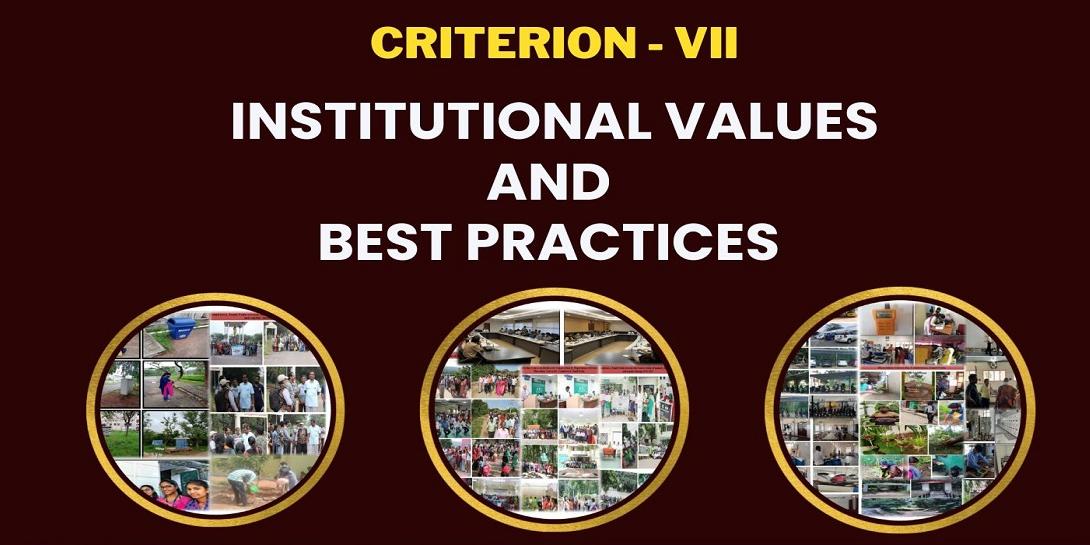
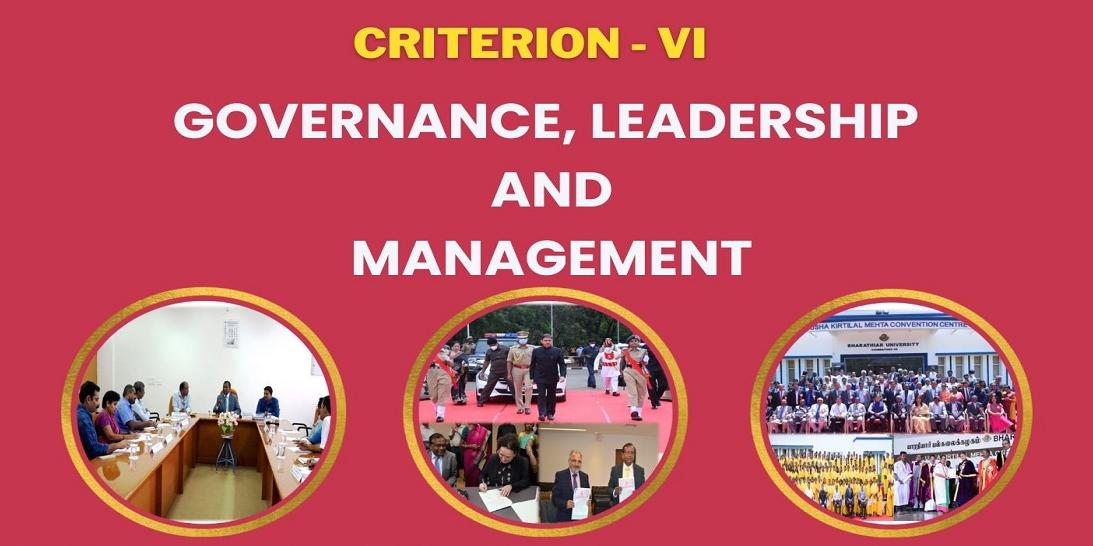
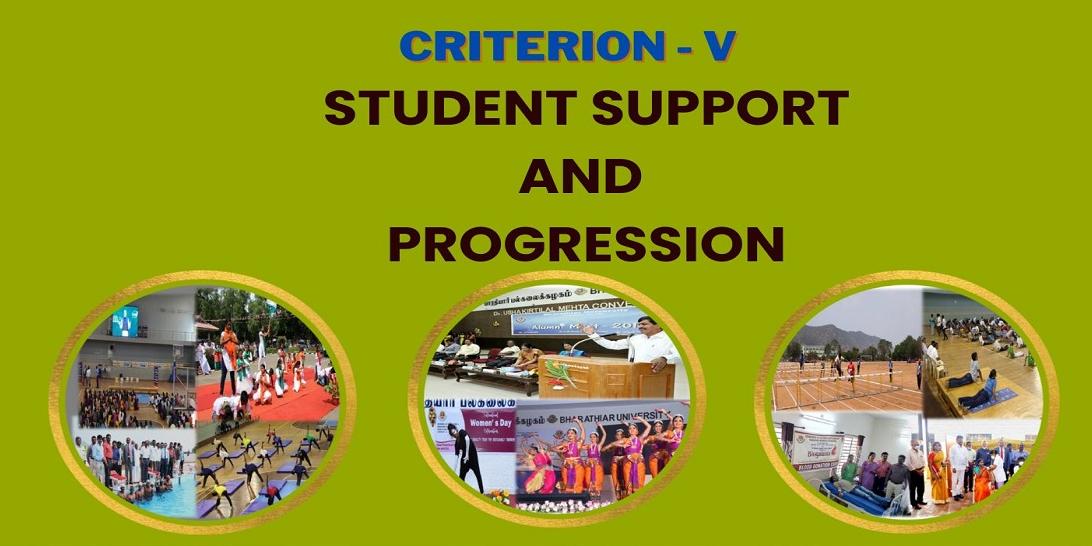
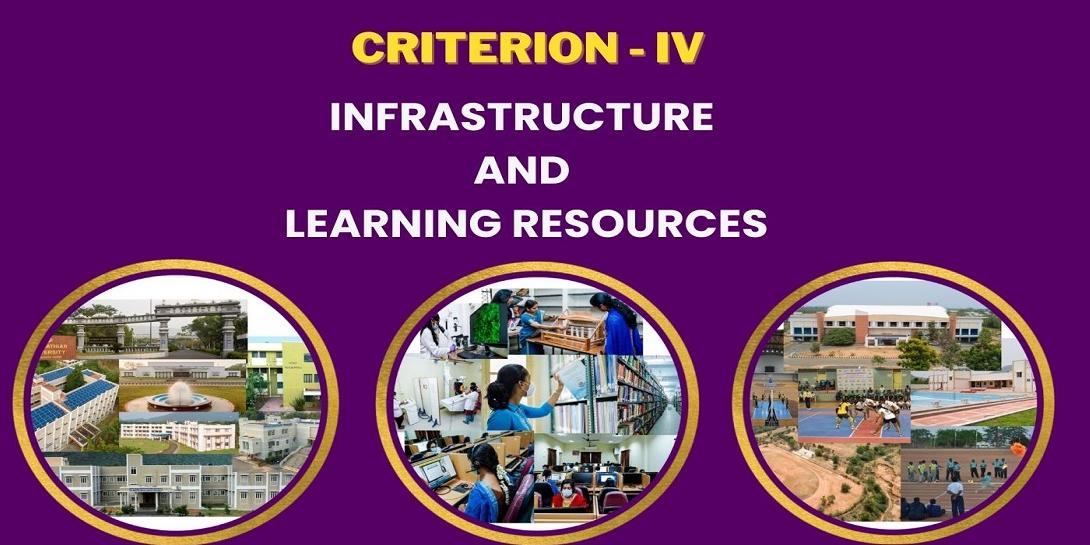
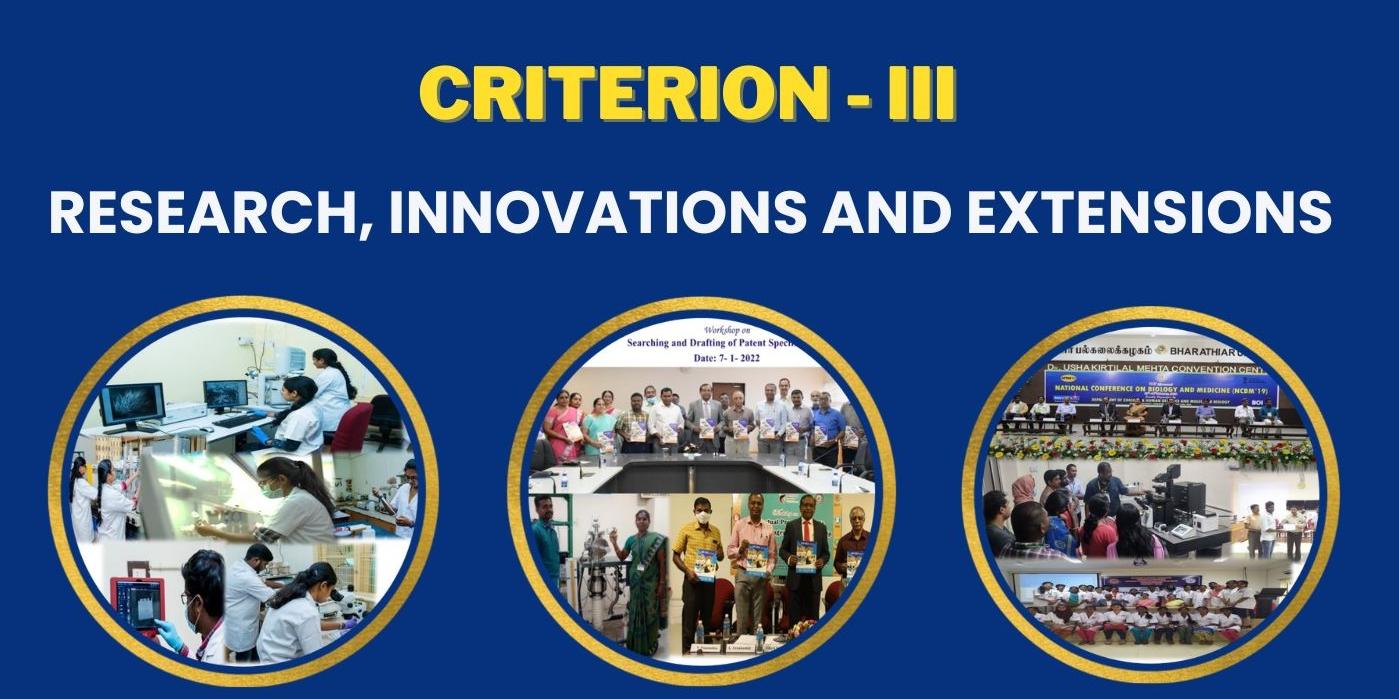
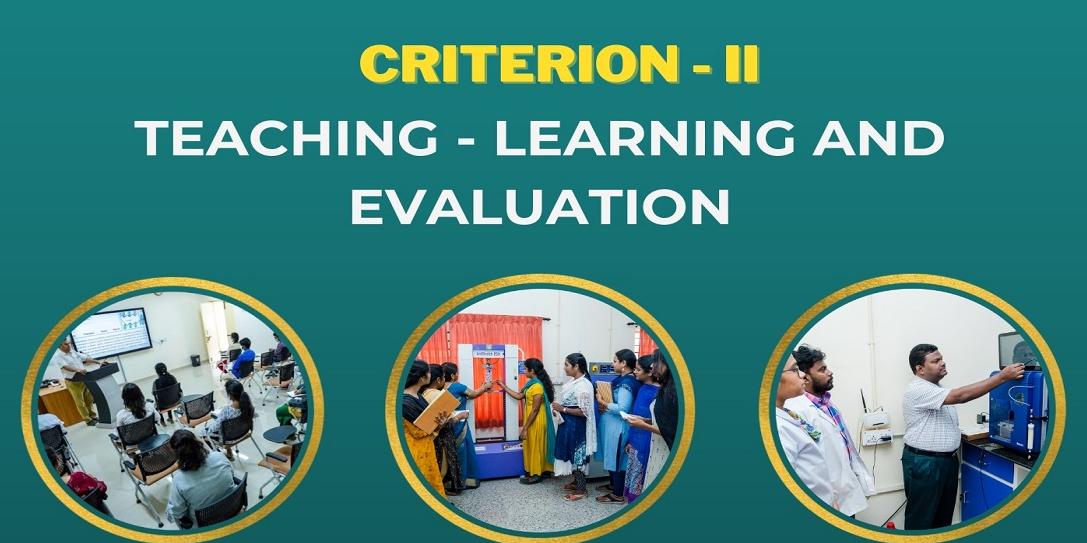
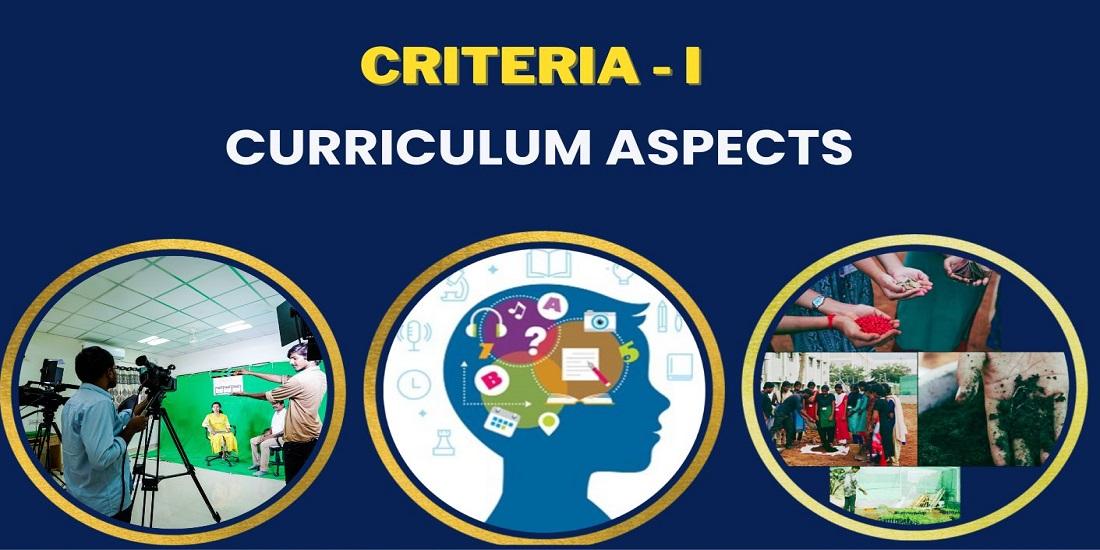
 Campus Walk
Campus Walk